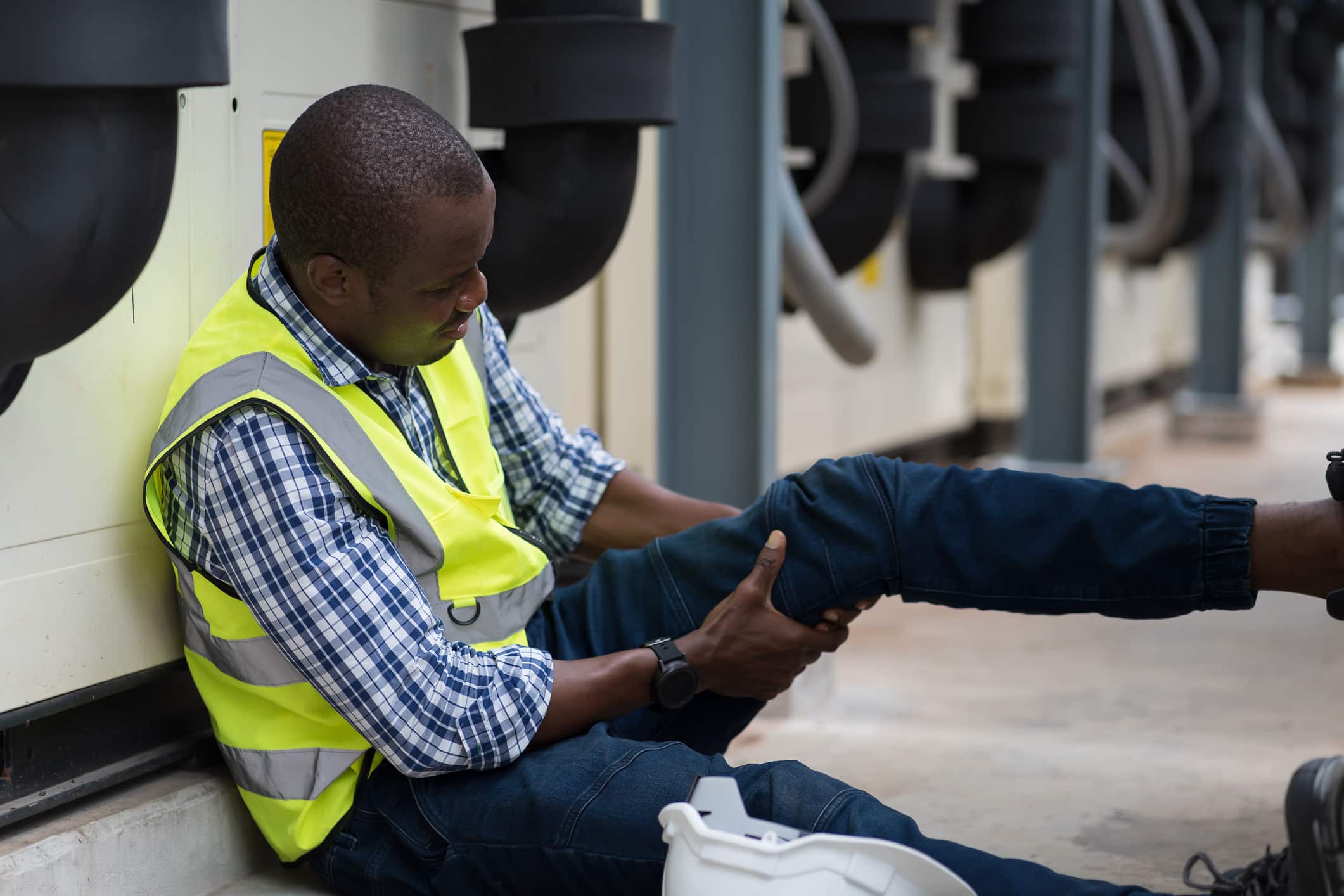Injured on the job in Colorado Springs? You may be entitled to workers’ comp benefits to help cover the cost of your medical treatment and lost wages. Workers’ comp is a no-fault insurance system that is designed to provide financial support to employees who are injured on the job, regardless of who was at fault for the injury.
Navigating the workers’ comp system can be overwhelming, and it is important to understand your rights and options. To help you make the most informed decisions, the legal team at Heuser & Heuser has provided answers to the top Colorado workers’ compensation questions.
HOW DO I KNOW IF MY EMPLOYER CARRIES WORKERS’ COMP INSURANCE?
You can determine whether your employer carries workers’ comp insurance in Colorado by following these steps:
- Check your employment status: Under Colorado law, employers are required to carry workers’ comp insurance for all employees, but not for independent contractors. If you receive a W-2 form for tax purposes, you are likely an employee and should be covered under your employer’s workers’ comp insurance.
- Ask your employer: If you are uncertain about your employment status or whether your employer carries workers’ comp insurance, you can ask your employer directly. Your employer is required to provide you with information about their workers’ comp coverage.
- Contact one of our Colorado Springs work injury lawyers: If you are unable to obtain the information or assistance you need from your employer or the Colorado Division of Workers’ Compensation or if you believe that your employer is not complying with the law, we will be able to represent you and advocate for your rights. We can even help you file a claim for benefits.

WHAT OPTIONS ARE AVAILABLE FOR INDEPENDENT CONTRACTORS WHO ARE INJURED ON THE JOB?
One option available to you is to speak with an experienced Colorado workers’ comp attorney from Heuser & Heuser. If you have been wrongly classified as an independent contractor when you are an employee and should be covered under workers’ comp, an attorney can help you file a claim for workers’ comp benefits.
If you are an independent contractor who has been injured on the job and workers’ comp insurance does not cover you, you may be able to pursue a personal injury lawsuit to seek damages for your injuries. It is essential that you speak with one of our attorneys before taking any action, as several legal considerations may affect your ability to file a lawsuit and the amount of damages you may recover.
WHICH INJURIES QUALIFY FOR WORKERS’ COMP BENEFITS?
In general, any injury that occurs on the job or while performing work-related duties is eligible for workers’ comp benefits in the state of Colorado. This includes injuries that occur while driving or at another location away from your job, as long as you were performing work-related duties at the time of the accident.
Workers’ comp is a no-fault insurance system, which means that you are eligible for benefits regardless of who was at fault for the injury. So, even if the injury was partially or completely your fault, you may still be entitled to benefits.
In addition to benefits for medical treatment and lost wages, workers’ comp may also provide death and disability benefits for injuries that result in permanent disability or death. These benefits may include ongoing payments to help cover the cost of medical treatment, as well as financial support for dependents of a deceased worker.

CAN I SUE IF I ALREADY FILED A WORKERS’ COMP CLAIM?
If you have filed a workers’ comp claim, you are not allowed to sue your employer for damages related to your injury. In exchange for the no-fault protection provided by workers’ comp, you give up the right to sue your employer for damages related to the injury.
That being said, it may be possible to sue a third party if they were responsible for your injury. For example, if you were injured in a car accident while driving on the job, you may be able to sue the other driver for damages. In this case, you would still be eligible for workers’ comp benefits to cover your medical treatment and lost wages, but you could also pursue a separate lawsuit against the third party to seek additional damages.
If you are considering suing a third party for damages related to a work injury, it is important to get help from an experienced work injury lawyer. The attorneys at Heuser & Heuser have experience helping injured workers pursue damages from third parties and can advise you on the best course of action based on the circumstances of your unique case.
WILL WORKERS’ COMP BENEFITS ACCOUNT FOR A MENTAL INJURY?
Yes, workers’ comp benefits may be available for mental injuries such as post-traumatic stress disorder (PTSD), depression, and anxiety, as long as the injuries were incurred while on the job. These types of injuries can be just as serious as physical injuries, and you must get the medical treatment and support you need to recover.
It can be more complicated to prove that mental injuries were sustained at work, though, since they are not visible and may take time to manifest. You’ll likely need to provide evidence that the injury was caused by a specific event or condition at work, and it may be helpful to have supporting documentation from a healthcare provider. The attorneys at Heuser & Heuser can assist you in making sure you have a strong claim for benefits.

I CAN’T AFFORD A LAWYER — HOW CAN I GET HELP WITH MY COLORADO SPRINGS WORKERS’ COMP CLAIM?
Our attorneys work on contingency, which means that you do not have to pay any upfront fees to get help with your claim. We offer free consultations to anyone who has questions about their workers’ comp claim or who has been denied benefits. During this consultation, you can speak with one of our attorneys about your case and get advice on how to proceed.
To get started, you can submit your case for a free review using our online form or by calling us at (719) 520-9909. One of our attorneys will review your case and provide you with information about your legal options. If you decide to work with us, we will guide you through the process of filing a claim or appealing a denial of benefits and will work to help you get what you need to recover while answering any Colorado workers’ compensation questions you have.


